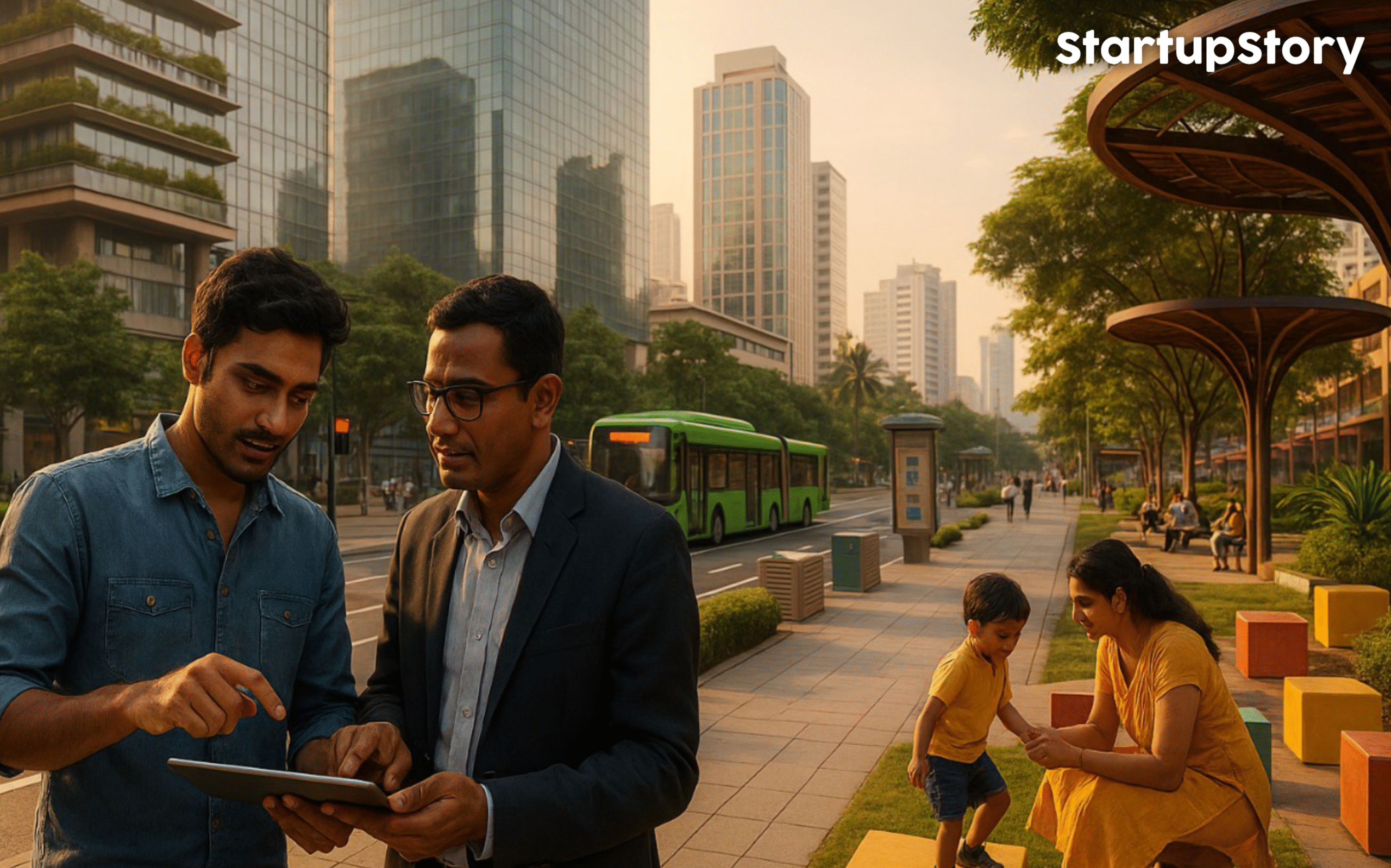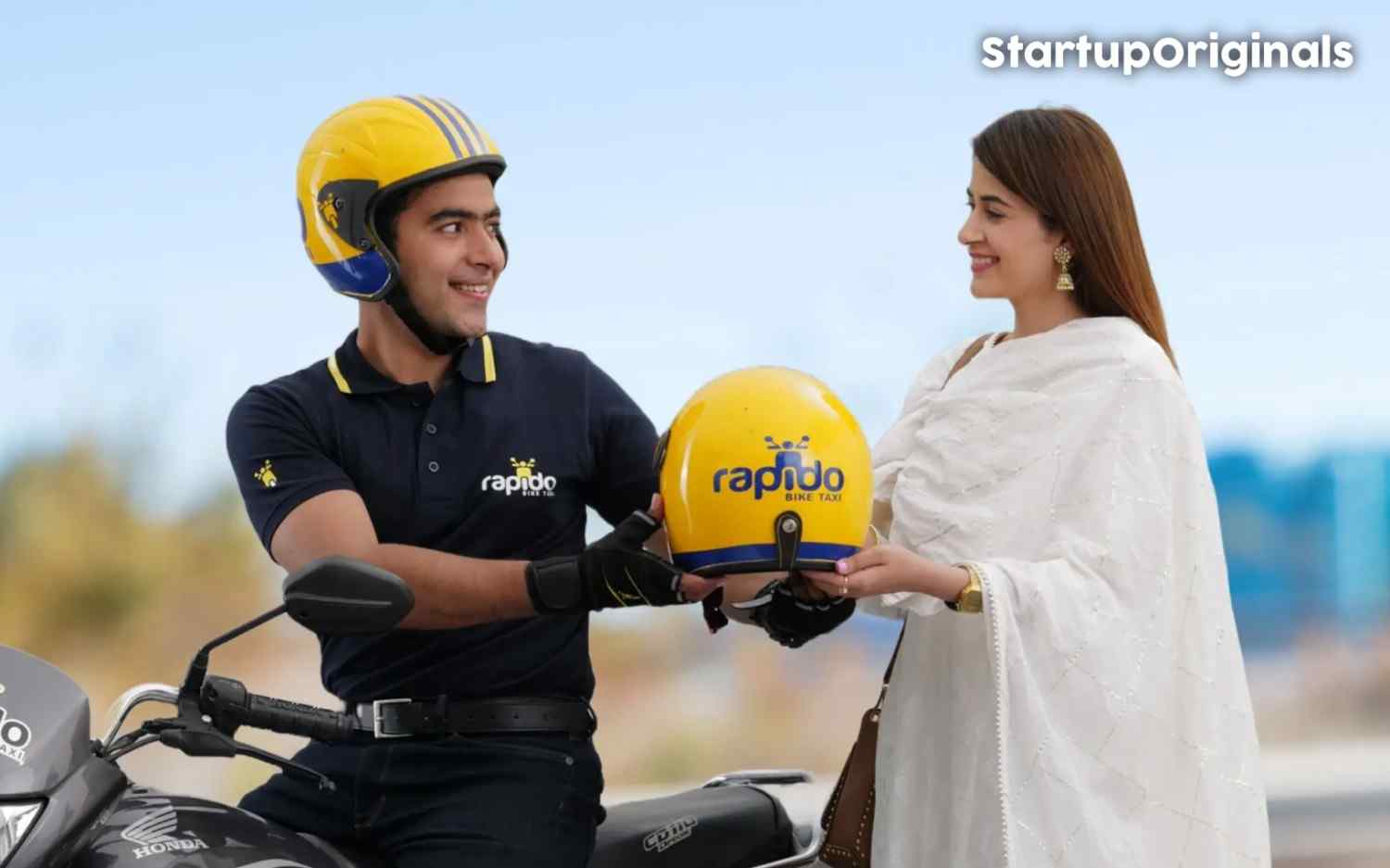
India’s tech capital to support innovators tackling challenges like traffic, water scarcity, and waste management through the URBAN95 initiative.
A Global Movement Comes to Bengaluru:
After San Francisco, London, and Istanbul, Bengaluru has become the first Indian city to join a unique global mission: solving complex urban challenges through startup innovation. The initiative, known as URBAN95, is backed by the Netherlands-based Bernard van Leer Foundation in collaboration with Civic Innovation Foundation and the Indian Institute for Human Settlements (IIHS).
The focus? Making cities more livable, especially for young children and caregivers – by improving how people move, breathe, and access basic amenities in India’s rapidly growing metros.
How It Works: Startups Solving Real-World City Problems.
Under this initiative, Bengaluru will support early-stage startups working on areas like:
- Traffic congestion
- Air and noise pollution
- Water management
- Waste disposal
- Public health
- Child-friendly infrastructure
The program provides seed funding, mentorship from urban experts, and field access to test and scale solutions. It will be run from a physical hub in Bengaluru and open applications to startups nationwide in August 2025.
Why Bengaluru?
Known as India’s Silicon Valley, Bengaluru is a natural choice for this experiment. Its combination of deep tech talent, social innovation networks, and civic issues – from water crises to traffic nightmares – makes it both a challenge and an opportunity.
According to Shivangi Mehan of Civic Innovation Foundation, the goal is to build “cities that are safe and supportive for babies, toddlers, and caregivers.” This focus on human-centric design makes the program different from typical startup accelerators.
Backed by International Expertise:
The Bernard van Leer Foundation has already implemented URBAN95 in cities like Lima, Istanbul, and Tel Aviv. In each location, the program blends urban planning with child development and data-driven policymaking. Bengaluru’s entry into this league shows growing global recognition of India’s urban innovation potential.
What’s Next?
Applications will open in August 2025, with shortlisted startups receiving structured support to prototype and scale their solutions. The vision is clear: create cities that work better not just for businesses, but for families, children, and the future.
This marks an important step in reimagining urban India – with Bengaluru leading the charge.




